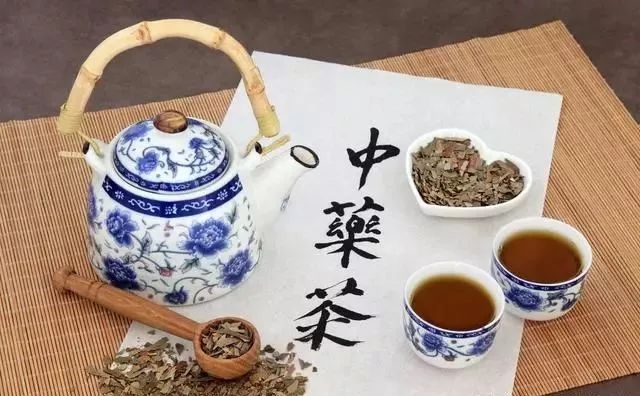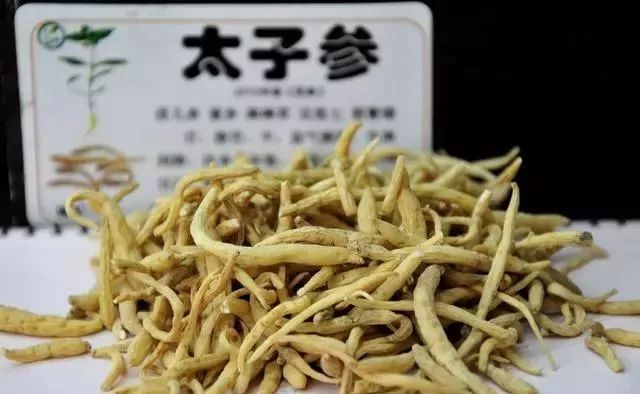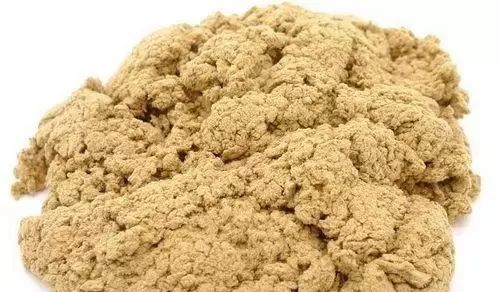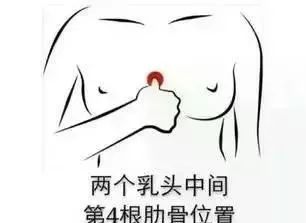Manifestations of Qi Deficiency

Individuals with Qi deficiency, as the name suggests, generally have weak muscles and their body shape tends to fall into two extremes: either excessively thin or excessively overweight. However, both types often exhibit pale lips and a light red tongue, with sparse hair. They tend to have a gloomy and introverted personality, speaking in a weak manner.
Hazards of Qi Deficiency
1. Individuals with Qi deficiency are intolerant to cold, shivering at the slightest chill.

2. They are intolerant to heat, sweating profusely when hot, not just from heat but also experiencing spontaneous sweating.
3. They usually have very poor resistance, often sweating spontaneously.

4. They are prone to colds and have difficulty recovering.

5. They often experience dizziness and severe forgetfulness.
6. Insufficient central Qi can lead to organ prolapse.
Simple Ways to Nourish Qi Deficiency in Summer

Today, I will teach you 5 methods to nourish Qi deficiency in summer, focusing on dietary therapy, external care, tuina massage, exercise adjustment, and lifestyle.
Dietary Therapy—Tai Zi Shen, Gan Cao, and Wu Mei Tea

Ingredients: 6g Tai Zi Shen (Pseudostellaria), 3g Gan Cao (Licorice), 1 piece of Wu Mei (Black Plum).
Preparation: Place all ingredients in a cup, pour in boiling water, cover, and steep for about 8 minutes. Add an appropriate amount of rock sugar to taste before drinking.
Nutritional Value:
1. Tai Zi Shen tonifies Qi and can enhance physical strength.
2. Gan Cao has the effect of tonifying the spleen and benefiting Qi.
3. Wu Mei can stimulate appetite and protect the digestive system.
4. This tea nourishes Qi and generates fluids, strengthens the spleen and benefits the lungs, especially suitable for those with Qi deficiency and weak spleen-stomach, and poor appetite.
5. Not suitable for those with edema.
External Care— Early Summer Sunbathing
The ancient method of sun moxibustion recorded in Yi Jian Zhi can improve Qi deficiency, especially for conditions like wind-cold-damp bi syndrome, arthritis, and cold in the spleen and stomach, as well as issues like diarrhea from cold and dysmenorrhea.

The method involves spreading mugwort on the affected area and exposing it to sunlight for 15-60 minutes. Do this once a day. This method avoids the hassle of smoke while still achieving the effect of tonifying Yang Qi.
Tuina Massage— Massage the Dan Zhong Point

1. For symptoms like Qi deficiency, chest tightness, coughing, nausea, and palpitations, massaging the Dan Zhong point can yield immediate benefits.
2. Massaging this point can open the “Qi gate,” allowing Qi to flow freely throughout the body. When feeling down, massaging this point can also help normalize emotions.
3. Use the pads of the thumb or index finger to massage the Dan Zhong point, applying pressure until a slight pain is felt. Each massage should last about 10 seconds, with 6 repetitions per session, generally massaging 3-5 times a day.
4. For those in good health, apply slightly more pressure; for those in poor health, be gentler.
5. Women can also benefit from this massage for breast enhancement. Those with insufficient milk after childbirth can also massage this point regularly.
Exercise Adjustment—2 Key Points

1. Individuals with Qi deficiency should engage in gentle, moderate aerobic exercises that are easy to maintain, such as jogging, walking, yoga, and hiking.
2. Those with Qi deficiency tend to sweat more in summer, so wear light clothing during exercise and change frequently to prevent moisture from lingering on the skin, which can lead to eczema.
4 Key Points for Daily Living:
As summer approaches, individuals with Qi deficiency may feel more energetic than in spring, but it is important to maintain a consistent lifestyle and habits.

1. Avoid staying up late or overexerting yourself; understand the importance of resting, and maintain a routine of going to bed early and rising early.
2. Avoid wind and cold; minimize the use of air conditioning, and avoid drafts. If unavoidable, wear an extra layer and keep windows open for fresh air.
3. In areas with high humidity, pay attention to indoor moisture control. After getting wet in the rain, dry off quickly and change into dry clothes and socks. Do not tolerate temporary dampness, as it can easily lead to moisture retention in the joints, causing pain.
4. Those with Qi deficiency should learn to be quiet, especially in summer. There is a saying, “Nourish Qi by forgetting words and keeping silence”; silence is a way to conserve energy.

